Why Compliance Officers Are in Demand
In a world shaped by financial crime, cyber risks, and ethical challenges, compliance officers have become the guardians of integrity in business. Whether in banking, fintech, insurance, or even ESG-driven sectors, these professionals ensure that organisations operate responsibly, lawfully, and in line with local and international regulations.
In South Africa, this profession is expanding rapidly as the FSCA, FIC, and SARB continue to tighten regulatory expectations. The demand for qualified compliance officers is high — and growing across both financial and non-financial sectors.
What Does a Compliance Officer Do?
A compliance officer’s role can vary depending on the organisation, but typically, they are responsible for:
- Developing and implementing compliance frameworks in line with laws such as FAIS, FICA, POPIA, and COFI.
- Monitoring and reporting on adherence to internal policies and external regulations.
- Conducting risk assessments to identify AML/CFT, data privacy, and ethical risks.
- Training employees on compliance awareness and ethical conduct.
- Managing regulatory relationships and handling inspection or audit responses.
- Overseeing due diligence and screening of clients, vendors, or transactions.
Day-to-day, compliance officers may:
- Review high-risk transactions or customer profiles.
- Investigate potential breaches and prepare reports for management.
- Collaborate with IT and legal teams to improve data governance.
- Use compliance software tools to automate KYC, screening, or monitoring tasks
Different Specialisation Pathways in Compliance
As the profession grows, compliance is no longer “one-size-fits-all.” You can now choose from multiple specialisation pathways, depending on your interests and career goals:
| Specialisation Area | Focus | Ideal For |
|---|---|---|
| Financial Crime & AML | Anti-Money Laundering (AML), Sanctions, Terrorist Financing | Banking, Insurance, Fintech sectors |
| Data Privacy & Cybersecurity Compliance | POPIA, GDPR, and Information Security Governance | IT, Legal, and Tech professionals |
| Governance, Risk & Ethics | Corporate governance, King V, ESG, and ethics | Professionals in leadership or advisory roles |
| RegTech & AI Governance | Automation, AI compliance, and data-driven oversight | Tech-savvy professionals entering future-ready roles |
| Environmental, Social & Governance (ESG) | Sustainable compliance and social accountability | Impact-driven organisations or NPOs |
| Digital Assets & Blockchain Compliance | Crypto compliance, tokenisation, and virtual asset frameworks | Fintech and blockchain start-ups |
Recommended Courses & Certifications
If you’re serious about building a compliance career, structured learning is essential. Here are two top-rated pathways to get started:
- Certified Digital Practitioner NQF Level 4 (Specialisation routes with Digital Application)
- Certified IT Practitioner Specialisation in Compliance – NQF level 5
- Occupational Certificate: Compliance Officer – NQF Level 6
- Certificate Courses
- Specialist Courses
- Advanced Certificates
- Diploma
- Post Graduate Diploma
- Chartered IT Compliance Officer NQF Level 8
Steps to Become a Compliance Officer in South Africa
- Get the right qualification – start with a diploma or certificate in compliance, AML, or governance.
- Gain experience – work in risk, legal, finance, or audit roles to understand regulatory systems.
- Join professional bodies – register with the Compliance Institute Southern Africa (CISA) or ICITP.
- Stay up to date – attend webinars, complete CPD training, and follow legislative updates (e.g., COFI, FIC Amendment Act).
- Adopt digital tools – learn to use compliance tech such as screening software, dashboards, and analytics tools.
Career Progression & Earning Potential
With experience, compliance officers can move into:
- Compliance Analyst
- Compliance Manager
- Head of Compliance
- Chief Risk Officer (CRO)
- Chief Compliance Officer (CCO)
- Specialisation Roles (Privacy; ESG, Conduct; AML; IT)
- In South Africa, entry-level compliance roles typically start from R350,000 – R500,000 per year, with senior roles exceeding R1 million+, depending on the sector.
🔮 Future of the Profession
The future of compliance is digital, data-driven, and human-centred. The next generation of professionals will need to combine ethical leadership with AI fluency, regulatory agility, and social accountability — exactly what programmes offered by Navigate are designed to deliver.
Becoming a compliance officer is not just a job — it’s a commitment to building trust, fairness, and integrity in business. Whether you’re entering from a finance, IT, or legal background, now is the perfect time to position yourself in this fast-growing profession.
Start your journey today with Navigate Learning.
